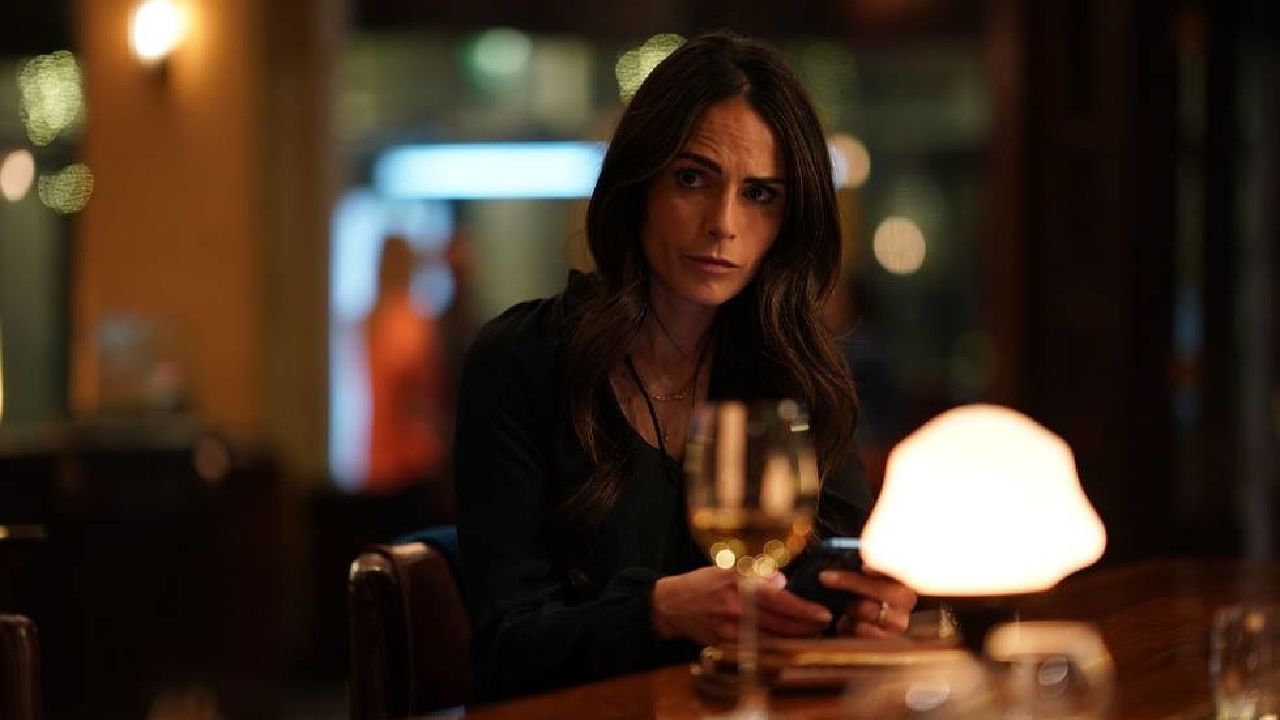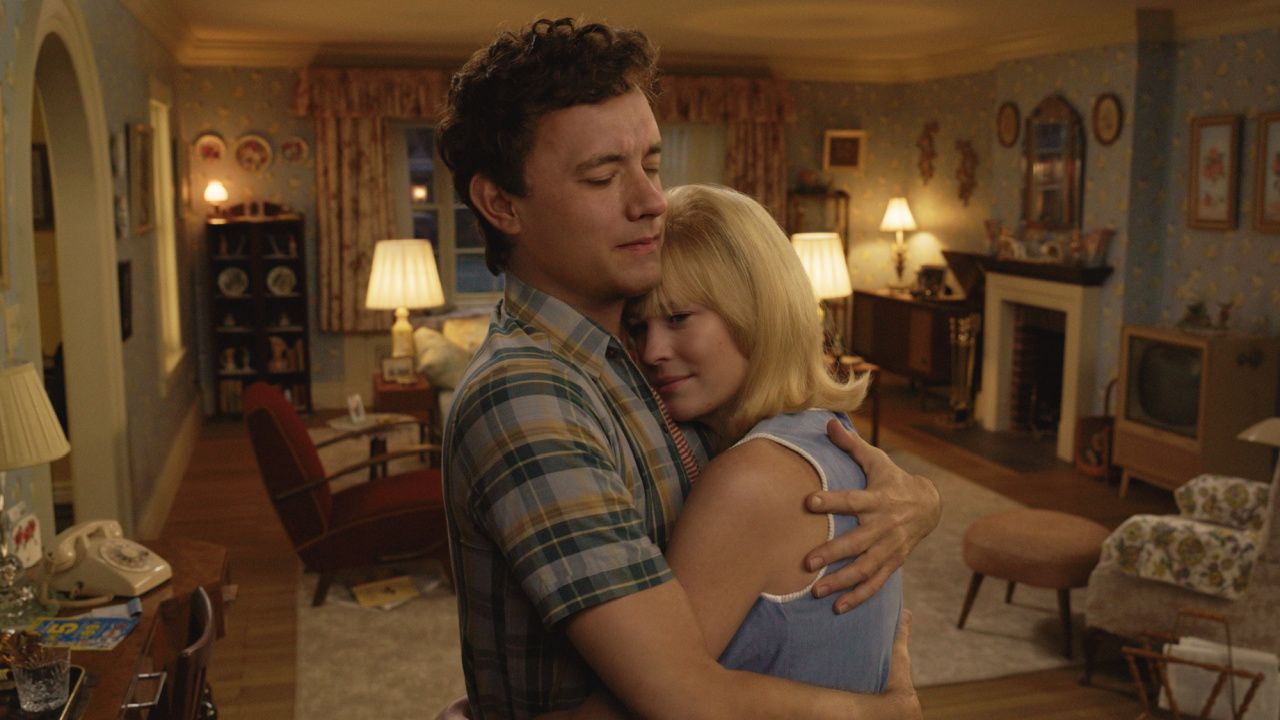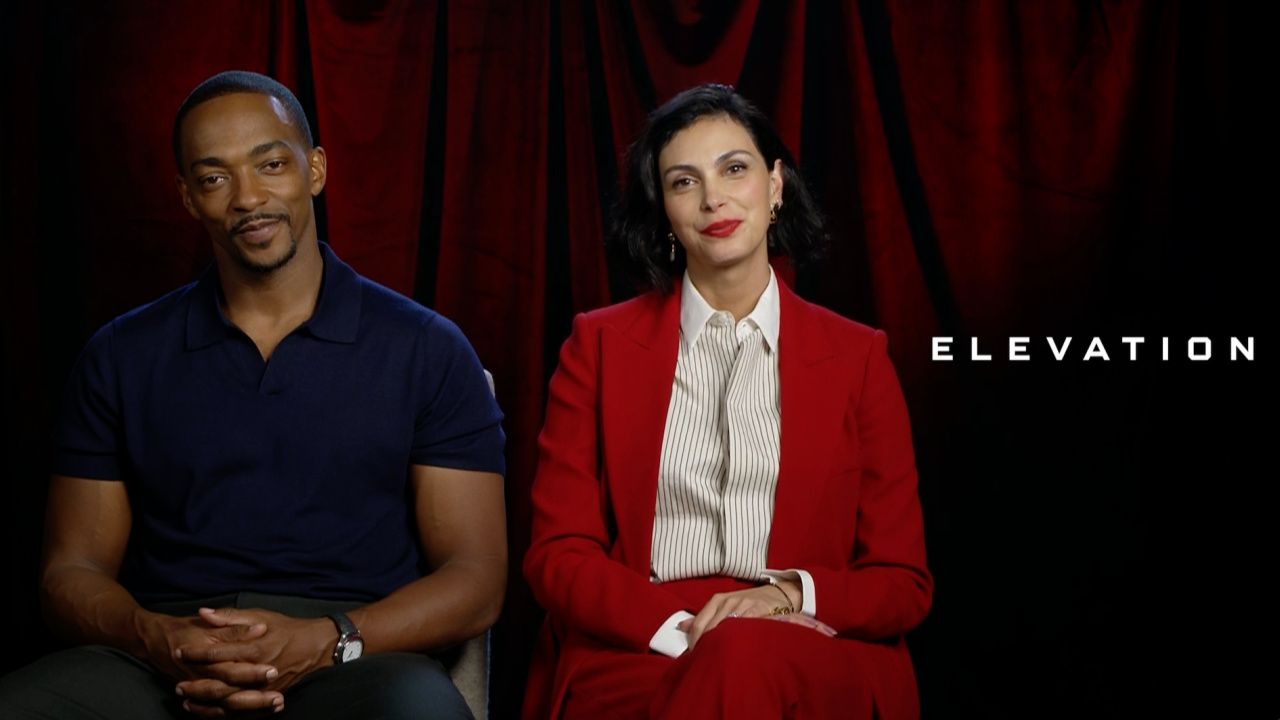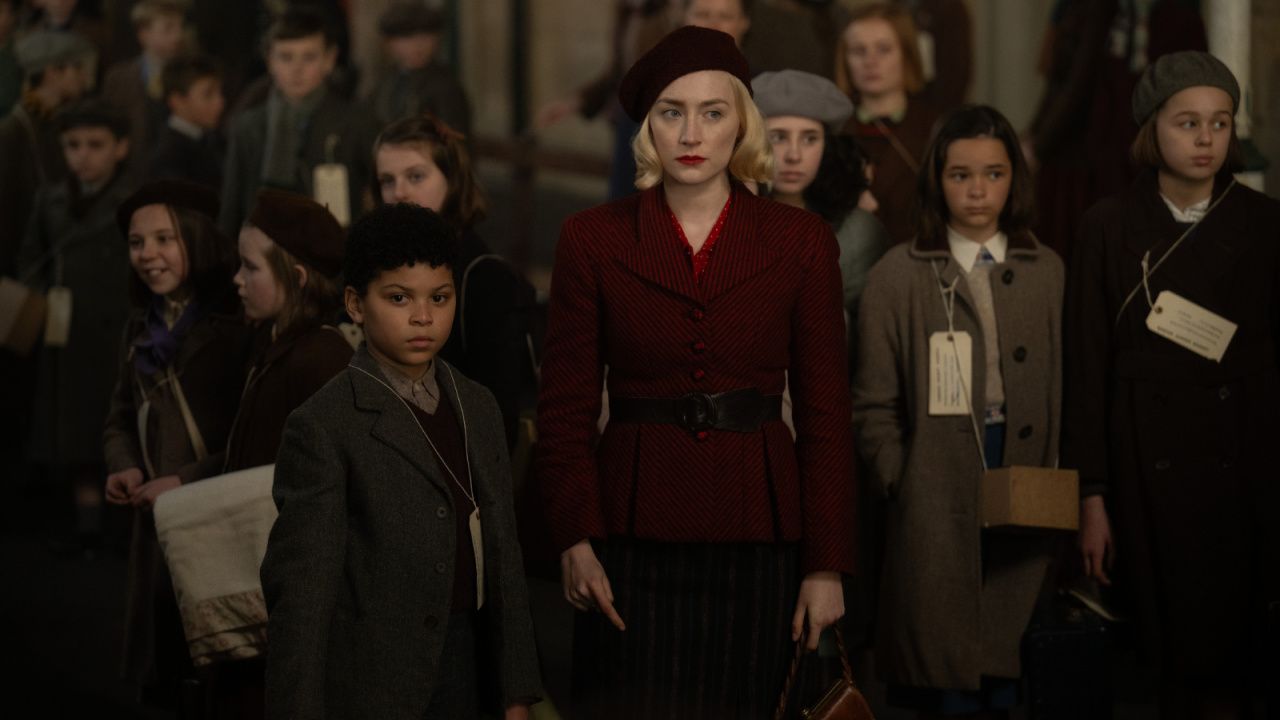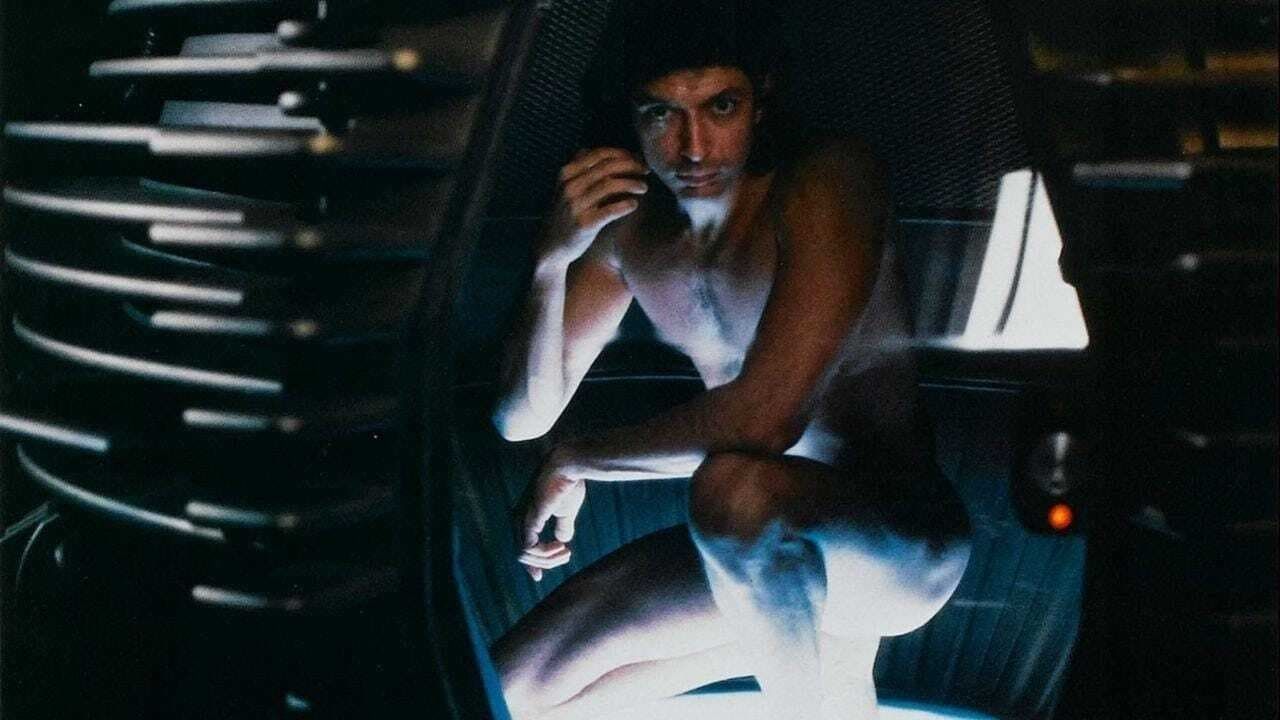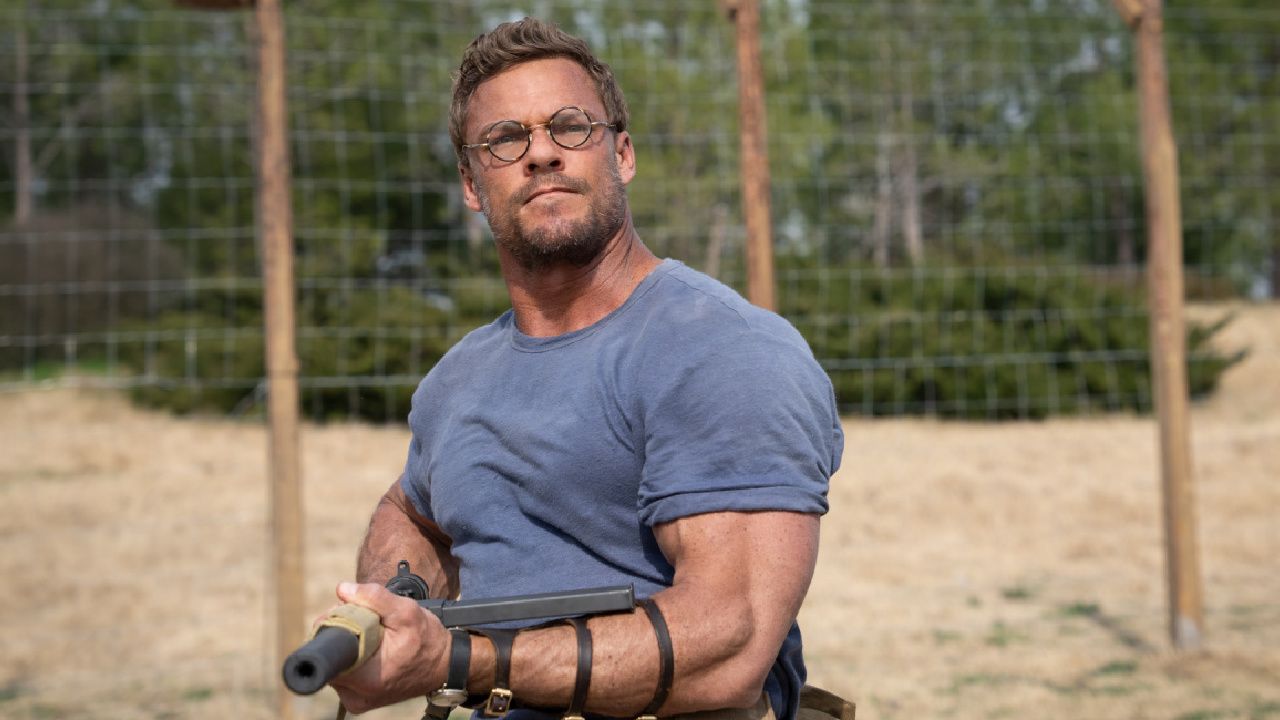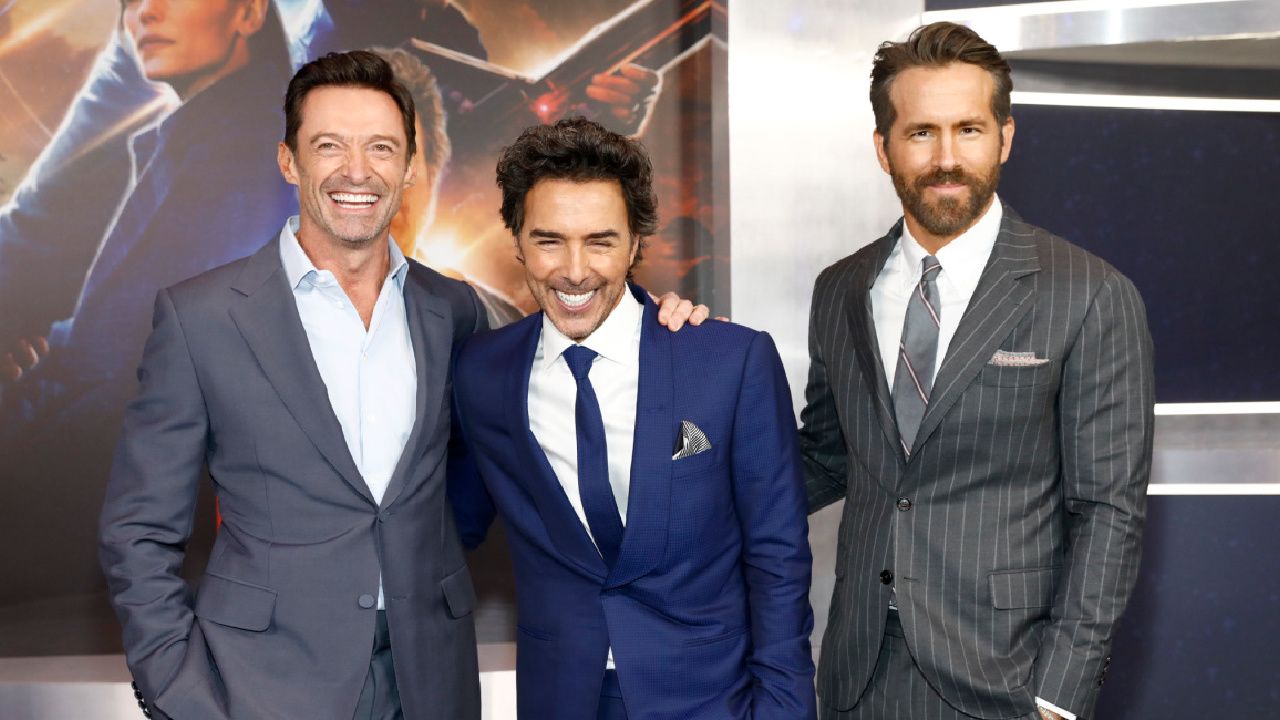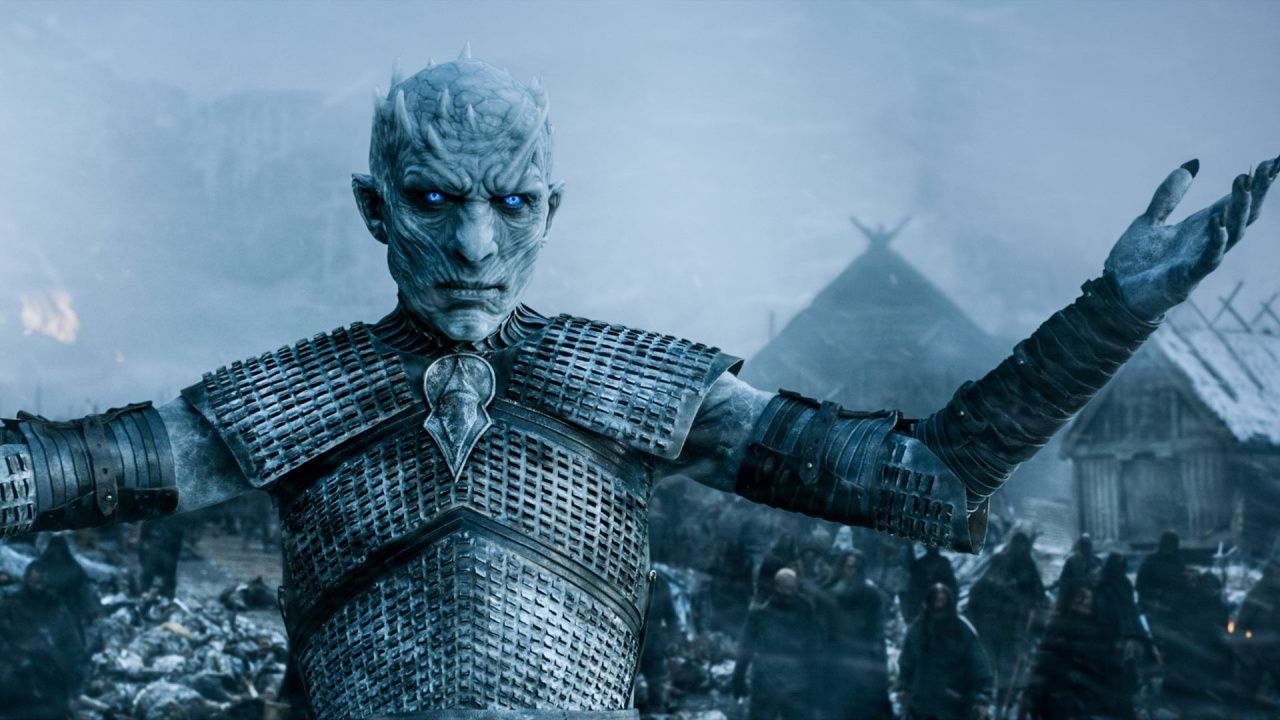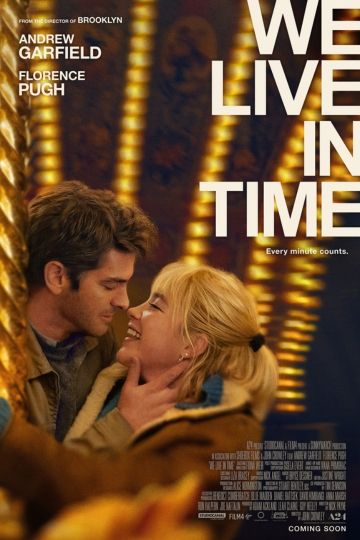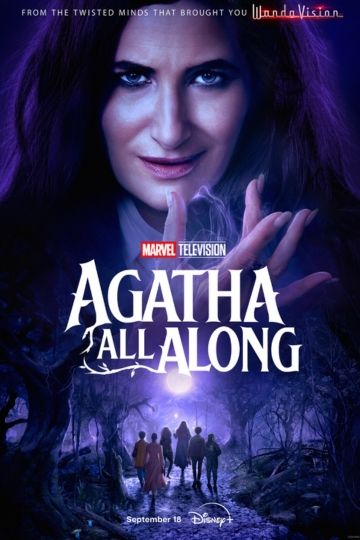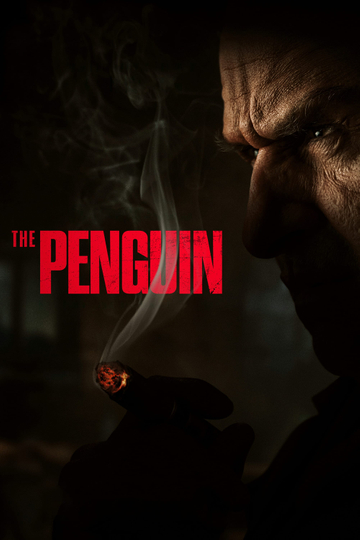9 Reasons Why the 'X-Files' Revival Matters
Admit it, millennials: When the news broke Tuesday that X-Files" creator Chris Carter went MIA and was apparently abducted by aliens.
Still, even if "The X-Files," its stars, and its creator haven't been pinging the cultural radar much in recent years, the return of the show with its original cast and showrunner on board is a huge deal. Much of what we now take for granted in pop culture -- especially on TV and online -- owes a tremendous debt to the 1993-2002 sci-fi drama series. So for those of you unfamiliar with the show, here's why the show's legacy looms so large, and why its return is so eagerly anticipated.
1, "The X-Files" invented fandom as we know it. That is, fandom as a social media phenomenon. Having launched in 1993, the show was luckily timed to benefit from the simultaneous growth of the Internet. It was the first show not only to develop a rabid online following in real time -- with fan-crush sites devoted to Duchovny and Anderson and passionate arguments on Usenet and listservs (the online forums that predated social media -- oh, just ask your Gen X-aged parents or older siblings) -- but also to respond to that fandom with shout-outs in various episodes. (Most famously, the show named a character "Leyla Harrison" after a fan who became well-known among the faithful (known as "X-Philes") for her fan fiction.
Speaking of fan fiction, it was X-Philes who invented the term "shippers," referring to fellow fans who wanted to see a romantic or sexual relationship develop between particular characters. In this case, of course, it was the platonic but remarkably intimate Mulder-Scully partnership that shippers among the X-Philes wanted to see taken to the next level. It got to the point where Carter had to tell them that, like fetch, a Sculder romance was never going to happen. Nonetheless, he teased them by making it almost happen a number of times before the two agents came to their senses.
2. The show made geekdom cool. Hard to believe, kids, but there was a time before the world of pop culture revolved around whatever was unveiled that year at Comic-Con. Before "Game of Thrones," before the Marvel Cinematic Universe, before Peter Jackson's hobbits, it was "The X-Files" that made it acceptable for mainstream viewers to become obsessed with alien invaders, mutant monsters, and elaborate, intricate backstories. At first, TV critics referred to "The X-Files" as a cult show, but the cult eventually spread worldwide. At its peak, the show drew an audience of 29 million Americans. (What series now can draw that size audience?) It also became a hit in several other countries. That's an awfully big cult.
3 Paranoia. Before Mulder and Scully, FBI agents and other sleuths on TV typically solved every crime in an hour, and justice typically triumphed over injustice. Not on "The X-Files." Throughout the entire series, shadowy authority figures were always thwarting the pair's investigation into what turned out to be a vast, worldwide conspiracy stretching back decades. The skeptical Scully, who had a background in hard science, was initially assigned to debunk the credulous Mulder's reports of paranormal phenomena and secret cabals, but she soon came to believe in the inexplicable as much as her partner did. On a show whose watchwords were "The truth is out there" and "Trust no one," Scully became the only person Mulder could trust.
In part, the show's paranoia was an artistic strategy dating back to the spy thrillers and political-conspiracy movies that proliferated in the 1960s and '70s in the wake of the JFK assassination, the Cold War, and Watergate. (Indeed, the informants on the show had names like The Lone Gunmen and Deep Throat.) But the paranoia was also forward-looking, invoking the nameless, apocalyptic dreads of the coming turn of the millennium. Not only did "The X-Files" pave the way for such works of pop-culture paranoia as the "Bourne" films, TV spy saga "Alias," and Roland Emmerich's disaster movies ("Independence Day," "The Day After Tomorrow," "2012"), but it also seemed to anticipate such real-life millennial fears as the Y2K bug, Ebola, and global terrorism.
Paradoxically, the real-life terror attacks on 9/11 should have made "The X-Files" feel even more resonant than ever, yet the show suddenly seemed irrelevant, with its parade of goblins and aliens seeming like kiddie stuff next to the real-life conspiracy of Al Qaeda. But then, "The X-Files" series was already in its ninth and final season, limping toward cancellation, with its place in the affection of the public taken over by another Fox drama, one just as paranoid but not at all paranormal: "24." (Another paradox: it was the success of the "24" reboot last spring that convinced Fox to go ahead with the forthcoming "X-Files" mini-series.) Nonetheless, TV now lives in the paranoid world that "The X-Files" created, a landscape of shows like "Homeland," "Scandal," "The Blacklist," "Sleepy Hollow," and "Marvel's Agents of S.H.I.E.L.D.," where the default assumptions are that the official story is a lie and that no one can be trusted
4. Science. Trained as a medical doctor, Scully was often shown doing forensic lab work to provide evidence for Mulder's conjectures. He appreciated her insistence on backing his assertions with rigorous, scientific proof; he felt it kept him honest. So not only do we have Scully to thank for a decade and a half of science-based crime procedurals (the "CSI" franchise, the "NCIS" franchise, "Criminal Minds," "Numbers," "Cold Case," "Bones," and "Scorpion") but also for switching the stereotypical gender dynamic that says men are rational while women are intuitive. Anderson has said that many female fans have told her that Scully inspired them to become scientists.
5. The TV Sci-Fi/Fantasy Boom. With nine seasons and 202 episodes, "The X-Files" was the longest-running sci-fi series in the history of American TV. Before "The X-Files," sci-fi on TV was largely "Star Trek" spinoffs and "Quantum Leap." The show spawned two spinoffs of its own ("Millennium" and "The Lone Gunmen") and a bunch of knockoffs ("Strange World," "Dark Skies," and such). But there was also "Buffy the Vampire Slayer" (which creator Joss Whedon described as "The X-Files" meets "My So-Called Life"), "Lost," "Fringe," "Torchwood," "V," "Flash Forward," "The Event," "Revolution," -- and those are just the ones that owe a direct stylistic debt to "The X-Files." There are many others that are simply part of the geek-culture avalanche whose initial snowball was "The X-Files."
6. Mythology. The use of the word "mythology" to describe the complicated backstory of a series that also determines the plot arcs that advance slowly over the course of a season and throughout the entire series -- that started with "The X-Files." About two-thirds of the series consisted of stand-alone "monster-of-the-week" episodes, but the other third were mythology episodes that told the ongoing story of Mulder and Scully's efforts to unravel the show's impossibly convoluted conspiracy theory, which tied together the disappearance of Mulder's sister during his childhood (was she abducted by aliens?), a mysterious group of worldwide power brokers, a network of government operatives seemingly accountable to no one, a breeding program of human-alien superbeings, and an imminent invasion by otherworldly forces. There was also a sinister, Cigarette Smoking Man (William B. Davis) who seemed to be the puppeteer, not just of this conspiracy, but every major conspiracy dating back to the dawn of the Cold War.
Ultimately, the mythology proved so unwieldy that not even Carter could resolve it by the time the series ended Nonetheless, the show made it clear that TV fans were smart enough to follow an elaborate mythology, debate it avidly, and enjoy speculating on where it might lead. Similar mythologies have driven "Buffy," "Alias," "Lost," "Heroes," "Fringe," "Supernatural," "Game of Thrones," and many other sci-fi/fantasy shows. But even a show as grounded in the real world as "Hawaii Five-O" has an ongoing mythology; not coincidentally, that series also has a conspiracy-theorist character, played by an alumnus of "Lost" (Jorge Garcia), who frequently spouts references to "The X-Files."
7. Vince Gilligan. The TV auteur behind "Breaking Bad" and "Better Call Saul" got his first big career break as a longtime "X-Files" writer. He also first collaborated with "Breaking Bad" star Bryan Cranston when the future Walter White was an "X-Files" guest star. So, fans of Heisenberg and Jimmy McGill, you're welcome.
8. Pop culture references: Maybe you haven't recognized them, but references to "The X-Files" have popped up everywhere. At first, they were on shows like fellow Fox series "The Simpsons" (where an animated Mulder and Scully investigated strange goings-on in Springfield) or geek-friendly "Star Trek: Deep Space Nine" (where a pair of interrogators had names that were anagrams of "Mulder" and "Scully"). But even now, references continue to appear all over, including on recent episodes of "The Walking Dead" (where the camera lingered on a pack of Morley cigarettes, the fictional brand favored by the Cigarette Smoking Man), spy spoof "Archer" (whose protagonist uttered the phrase, "The truth is out there") and "Supernatural" (too many references over the years to count). In the movie "Zoolander," Duchovny spoofed the show by appearing as the informant who revealed the conspiracy. Echoes of Scully can be seen in Anderson's recent recurring roles on "Hannibal" (as a doctor) and "The Fall" (as a police superintendent investigating a series of murders).
9. Another chance. The series ended in 2002 without any real resolution to its mythology, a warp-up that's frustrated X-Philes for 13 years. The team did reunite for the 2008 feature film "The X-Files: I Want to Believe," but that was essentially a long monster-of-the-week episode that also failed to advance the mythology. It's hard to see how Carter could tie up all loose ends in the 2016 reboot in just six episodes; indeed, he probably won't, since he may want to keep his options open for yet another series renewal or movie. Nonetheless, in a recent interview, Anderson promised fans "a bit of closure." That promise alone is enough to quicken the hearts of millions of X-Philes. They may trust no one, but they want to believe.














